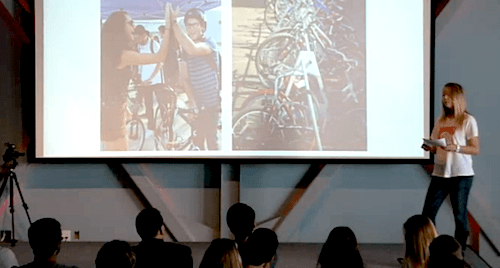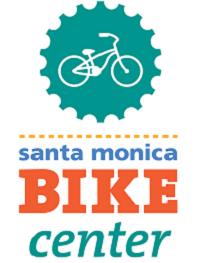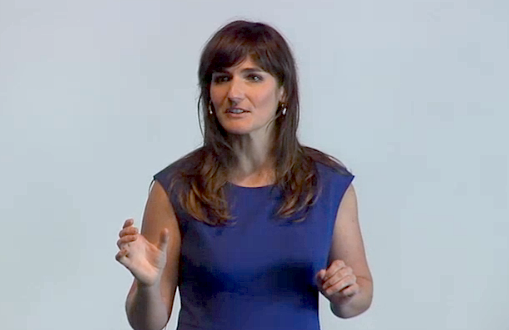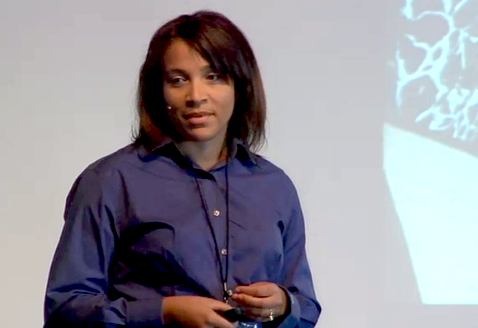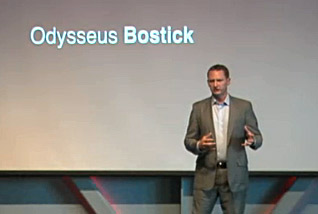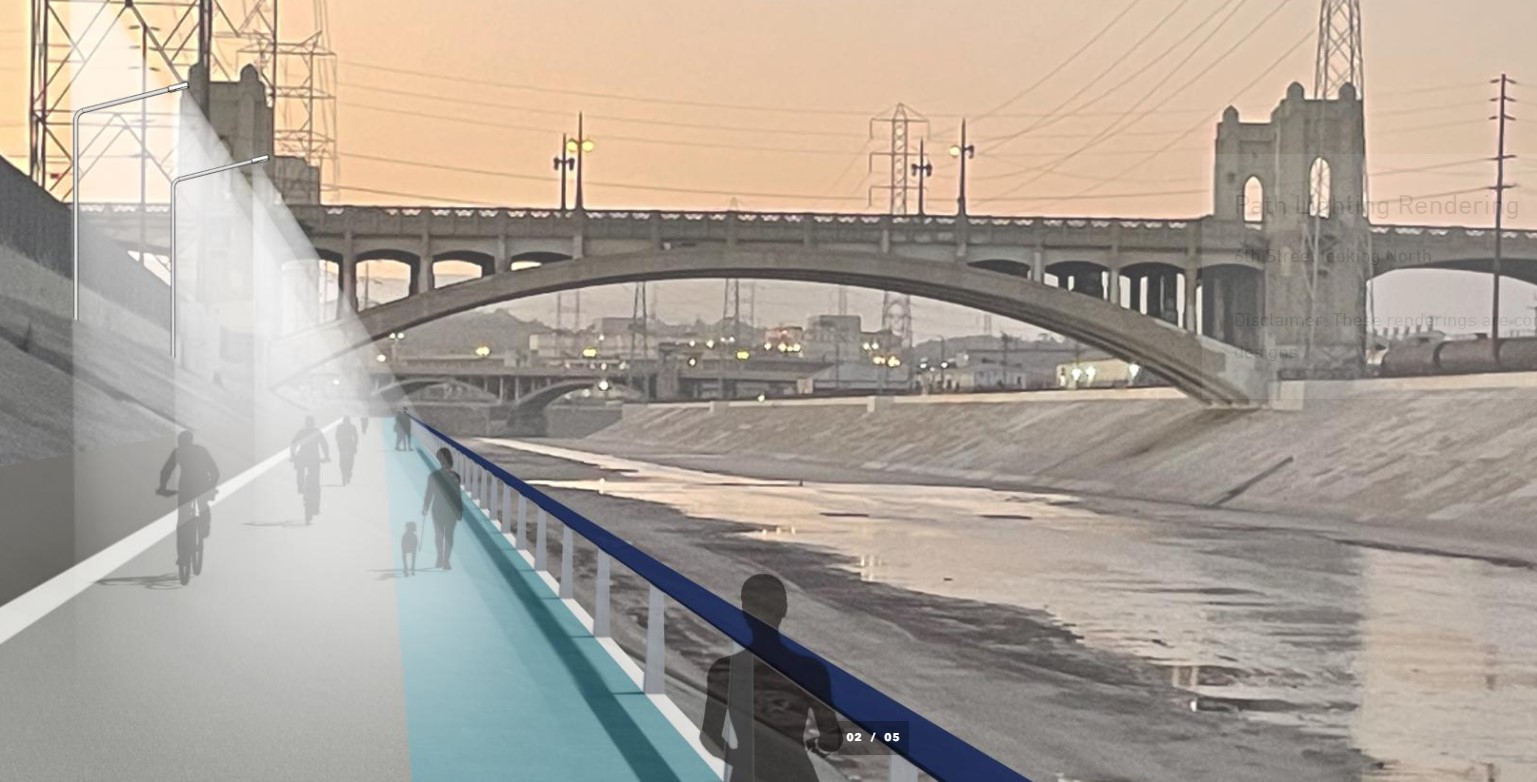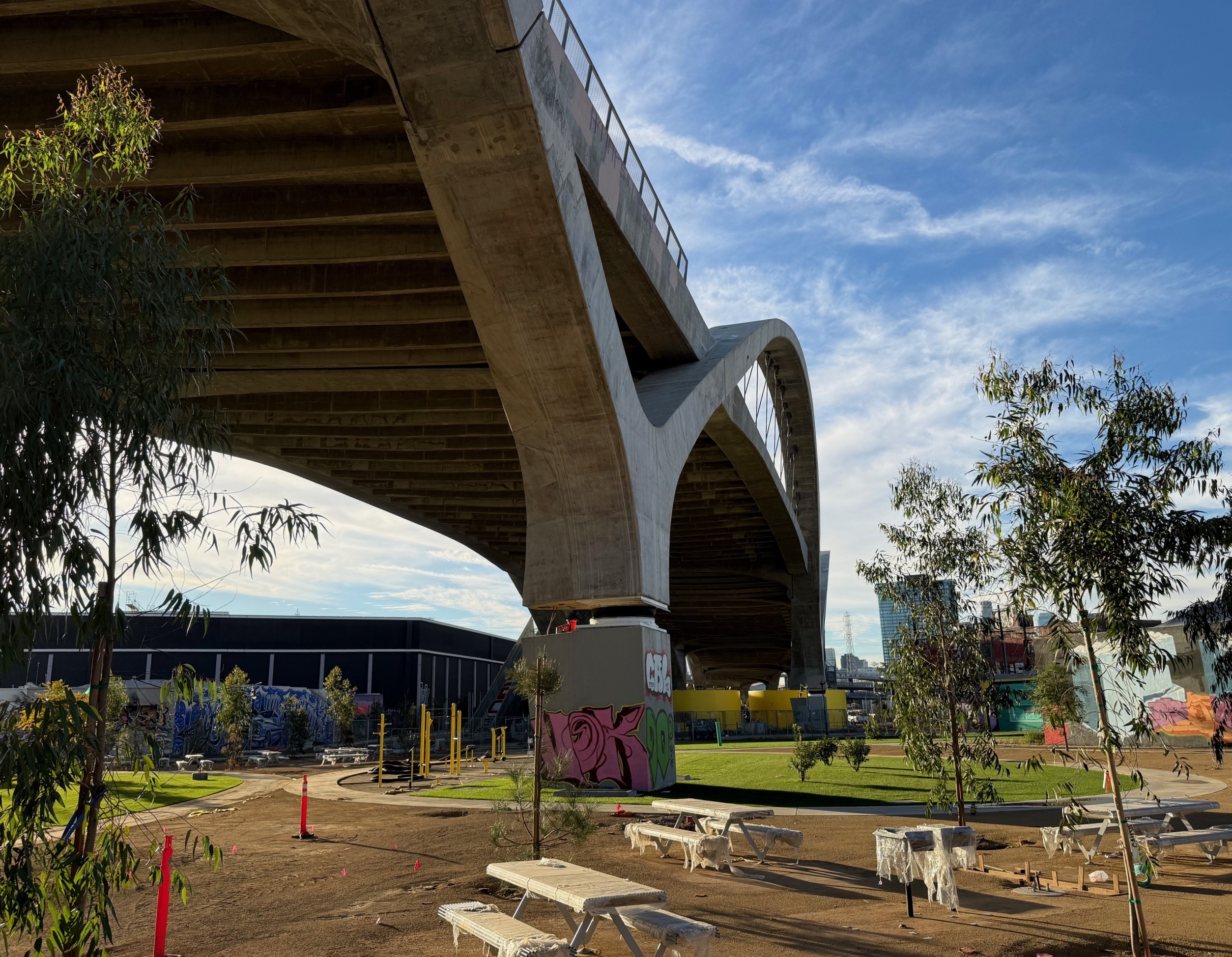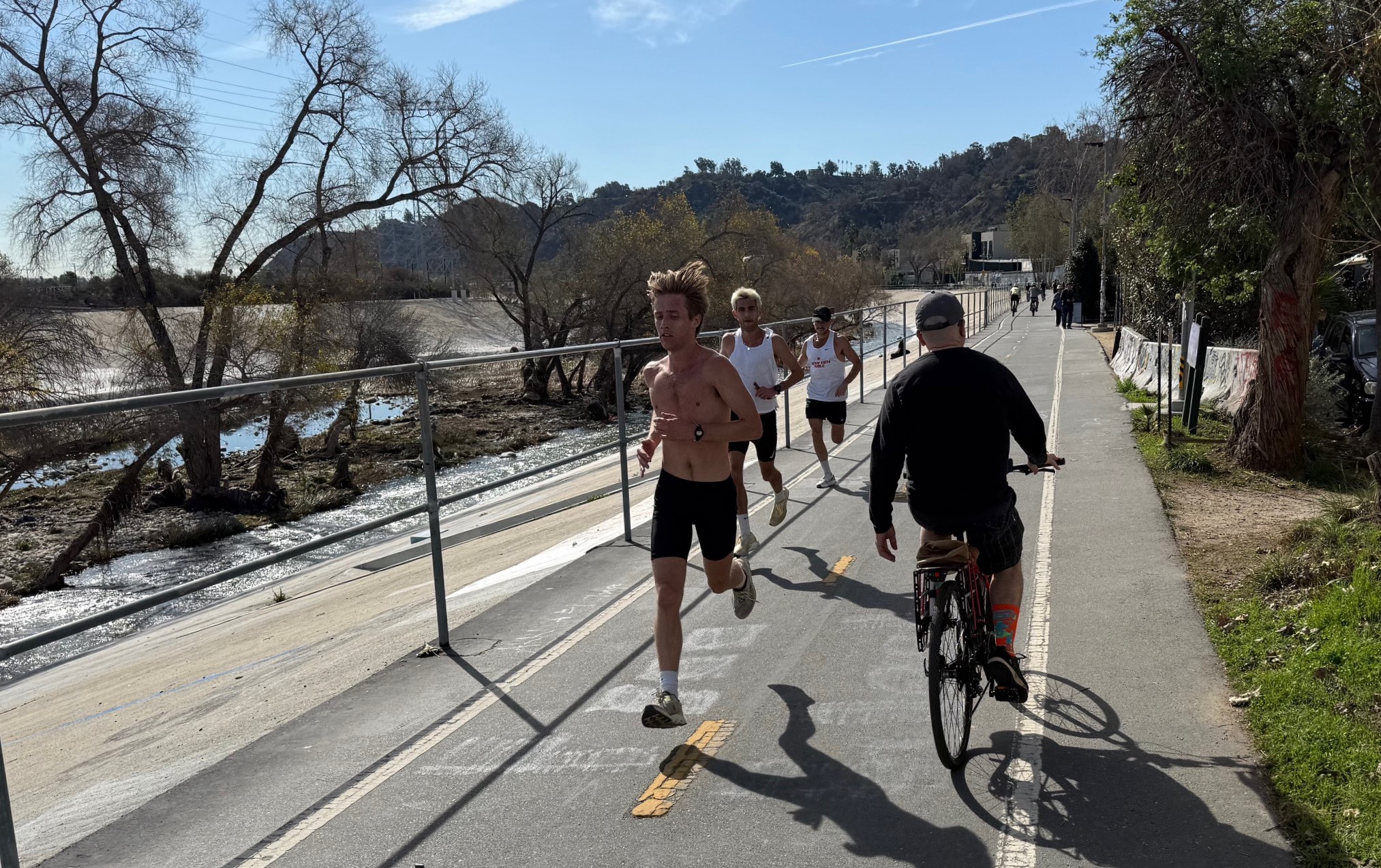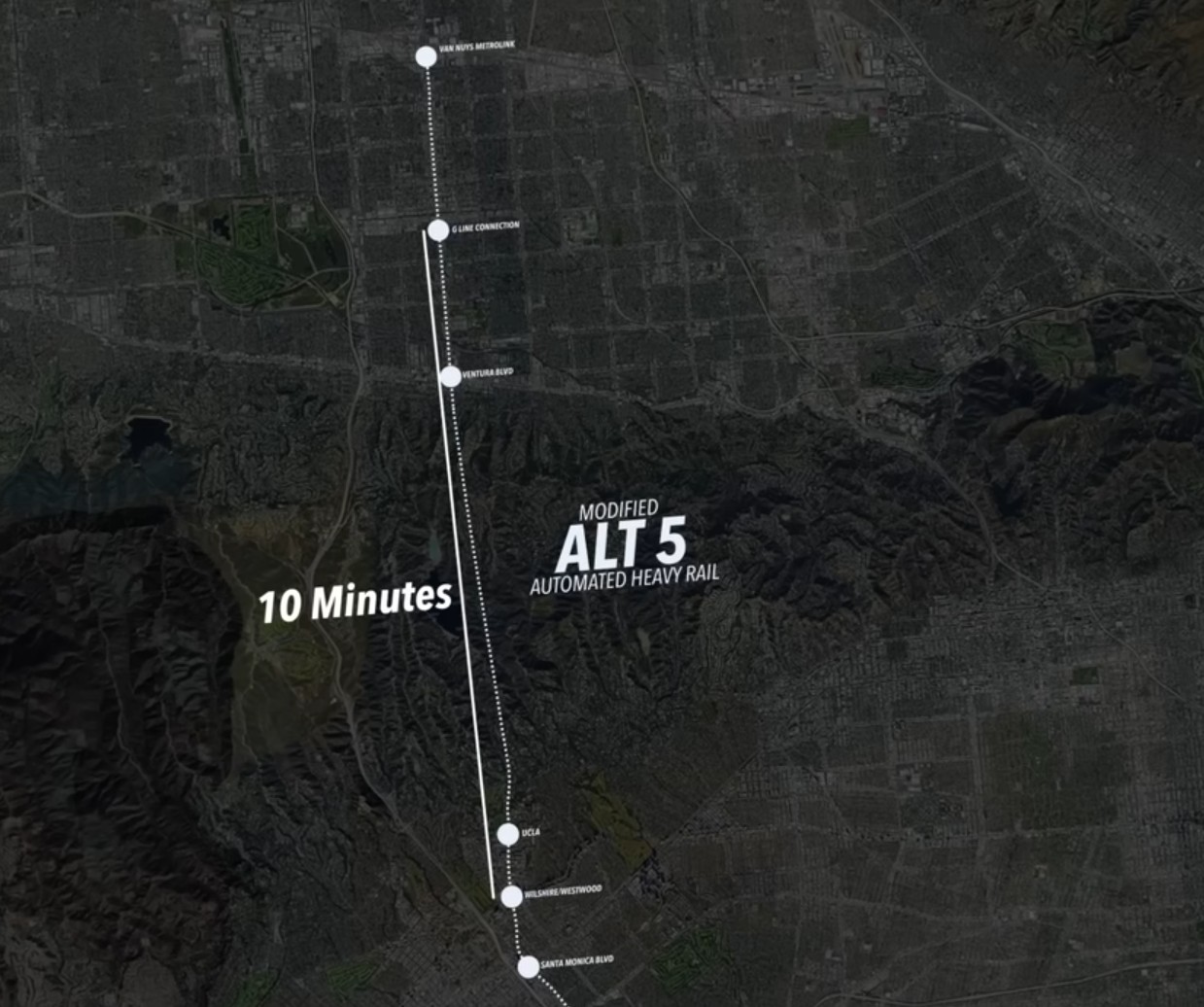After a morning of chasing Endeavour through Inglewood on Saturday, I came back home to catch the TEDx Santa Monica talk on the subject of “City 2.0.” The event was hosted at the new Cross Campus collaborative working spaceon Broadway. It was a fitting site for talking about new urban ideas, as collaborative studio spaces for independent freelancers and small businesses, like Cross Campus, are an emerging urban trend that is becoming popular in Santa Monica.
The line-up of speakers gave talks on a range of local subjects, both within Santa Monica and the surrounding region, but education and transportation emerged as perhaps the biggest issues. Education issues are more out of my expertise, but as a kid that felt underwhelmed by my education, I certainly agree it’s a critical subject, and one urbanists should pay closer attention to. A lot of people move according to what school options they want for their kids, and that dynamic cannot be ignored if we want it to be enticing for people to live in more walkable centers.
Jonathan Mooney, who is working with the City of Santa Monica and Malibu on their district's new Cradle To Career Initiative, gave an inspiring talk on his own history of overcoming educational challenges, of a being a “short-bus” kid (with dyslexia and ADHD). He shocked a lot of the people who thought he’d never amount to anything by going on to graduate with honors at Brown University and becoming a published author.
Mooney said that people always want to know what the one thing was that enabled him to get on track, but the biggest take away from his talk is there is no one thing. "There is no silver bullet," but there a lot of different ways to help foster opportunity for educational development. He’s now working on inspiring students and developing programs that can offer student engagement through increased opportunities outside the classroom as well as within.
On the transportation front, Amanda Eaken of the Natural Resources Defense Council, spoke on the use of smart phones in transportation routing, and the growing shift in cultural priorities. Internet access is becoming more important for many younger people today than owning a car, but contrary to many media outlets running with stories about this being people staying at home connecting digitally, it is enabling a new system of mobility. One that allows easily figuring out the alternatives to driving in our cities by walking, bicycling and transit connections, and that is changing the meaning of freedom of mobility.
Tara Griffith, of the Samohi Solar Alliance, presented the Bike It! Walk It! initiative at Samohi. An event that the SSA put together as a student-led effort that is now encompassing many of the schools in the SMMSD. I’ve written about how awesome Bike It! Walk It! is just recently. But, I’m always excited to see it promoted to new audiences, and with TEDx live-streaming and archives, hopefully, beyond just Santa Monica.
Delving more into land-use issues, Tanishia Harris, who specializes in food policy advocacy and is now on the Los Angeles Food Policy Council, talked about environmental factors contributing to obesity such as availability of healthy local food choices. It’s an issue that very close to home for Harris, whose mother was severely overweight and died from health complications at an early age.
Harris highlighted recent achievements in South LA: the implementation of a moratorium on new fast food chain development, the launch of more farmers markets, 4 new community gardens, the addition of a few more grocery markets, and the current development of 2 Co-Ops. Listening to her talk drove home how fortunate we are in Santa Monica to be so well-served by so many healthy food choices, including what is presently the only cooperatively run grocery store in the L.A. area.
It’s sometimes easy for those of us most focused on transportation advocacy to lose sight of the land-use side of equation. However what kind of businesses are present and where they are in relation to housing opportunities have a tremendous impact on shaping transportation choices, as well as the quality of city life and health.
Odysseus Bostick, who is running for the Los Angeles City Council in CD 11, gave his presentation on empowering citizens with easier access to city data and tools for government interaction. Having interacted with Bostick online, where he has actively engaged on transportation reform issues, I can attest to the fact he makes frequent use of digital tools to make himself accessible. It was nice to finally meet him in person as well and put a real face to a twitter profile.
This is an area where Santa Monica city government has some strong points, like the GoRequest system. But it also drops the ball in many arenas, such as the lack of public access to transit data, and a number of city social media accounts that are barely active. These could become useful ways to attract new and younger people into the public process, one which is largely dominated, at present, by older generations and a loud few but persistent voices wishing to hold onto a past that simply cannot be sustained into the future.
The TEDx format is not one that lends itself to really in-depth coverage from any particular speaker, but it was helpful to get some inspiration, and a sampling of what some of various local advocates are thinking about and the projects they are working on. I attend a lot of talks that are just on transportation, and I was glad that was part of the conversation, but it was nice to hear about other city issues like education, public art, water quality, and waste diversion programs. Equally valuable was getting a chance to talk some of the presenters one-on-one afterward as well, and go beyond the constraints of the format. I have to admit I hadn't taken much interest in prior local TEDx events, but I'll definitely make time for future ones.
If you’re interested in future events and when archived video from this weekend are available, keep an eye on the TEDx Santa Monica page.
